SESSION 04: MOBILITIES SYSTEMS AND DEPLOYMENT
Automating Maintenance in the Smart City: AI Governance for Mobile Machine Vision
Dr Yong-Bin Kang (Swinburne University of Technology), Professor Anthony McCoske (Swinburne University of Technology) & Dr Milovan Savic (Swinburne University of Technology)
As smart city initiatives proliferate globally, artificial intelligence (AI) systems are increasingly deployed to provide automated services. However, while momentum is building around AI ethics and regulation, there is uncertainty about how these principles and frameworks are to be transformed into AI governance to guide use cases. This paper explores our collaborative research with Brimbank City Council, and what it takes to establish on-the-ground AI governance processes for mobile machine vision systems. Brimbank Council has deployed a 5G AI solution that utilises cameras mounted on garbage trucks to capture road asset information and detect maintenance needs as they move about the neighbourhood.
This solution empowers the council to manage assets more efficiently, cuts costs, and leverages data-driven decisions to benefit the community. However, implementing responsible AI and building AI governance in practice requires a certain kind of ‘edge work’, an active process of translation and alignment with existing institutional practices and policy frameworks. In emerging AI governance literature, this is understood to involve important scaffolding work necessary to transform principles in to practices and actions. Our co-designed AI governance framework offers lessons and insights for AI governance that other local governments and communities can adopt. Project report available at: https://apo.org.au/node/323811.
Optimizing Electric Vehicle Charging Station Locations: A Data-Driven System with Multi-Source Fusion
Lihuan Li (UNSW), Du Yin (UNSW), Dr Hao Xue (UNSW), David Lillo-Trynes (Compass IoT), & Prof Flora Salim (UNSW)
With the growing electric vehicles (EVs) charging demand, urban planners face the challenges of providing charging infrastructure at optimal locations. For example, range anxiety during long-distance travel and the inadequate distribution of residential charging stations are the major issues many cities face. To achieve reasonable estimation and deployment of the charging demand, we develop a data-driven system based on existing EV trips in New South Wales (NSW) state, Australia, incorporating multiple factors that enhance the geographical feasibility of recommended charging stations. Our system integrates multiple data sources including EV trip data, geographical data such as route data and Local Government Area (LGA) boundaries, as well as extra features like fire and flood risks, and Points of Interest (POIs). We visualize our results to intuitively demonstrate the findings from our data-driven, multi-source fusion system, and evaluate them through case studies. The outcome of this work could provide valuable insights and guide decisions on the location of EV charging stations.
Testing-in-the-Wild: Innovation Nationalism and the Colonial Dynamics of New Technology Testbeds
Dr Thao Phan (Monash University)
This article examines the phenomena of the AI testbed and practices of “testing-in-the-wild.” It combines historical and sociological approaches to understand how places like Australia have come to be treated as ideal test sites, using commercial drone delivery company Wing as a case study. It connects the figuration of Australia as contemporary testbed with histories of the nation as a colonial experiment. I argue that this historical frame has been consistently deployed to justify the treatment of lands and peoples as experimental subjects across a range of domains—from medical science, carceral management, and military operations. In doing so, I show how Australia has been treated as a test site and Australians as test subjects based on changing imaginaries of the nation and its people—from proxies for whiteness and Empire in the colonial period, to multiculturalism and ethnic diversity in the contemporary era.
Unlocking the Sky: Creating Proof-of-Concept for Future Aerial Mobilities through Drone Delivery
Dr Jake Goldenfein (University of Melbourne), Dr Thao Phan (Monash University) & Assoc Prof Michael Richardson (UNSW)
Remotely piloted aerial systems (RPAS), more commonly known as drones, form a new class of automated aviation technologies proposed, pursued, and accommodated by commercial, regulatory, and governmental actors around the world. Urban consumer drone delivery is accordingly at the leading edge of the broader rearrangements necessary to accommodate RPAS rollouts across contexts. Operating as proof of concept in high-stakes, consumer-facing, safety-driven, infrastructurally demanding, and socially challenging environments, delivery drones are a hard case for RPAS.
Wing, the drone delivery subsidiary of Alphabet, has been manoeuvring through these complexities in Australia, and has produced the first successful drone delivery proof of concept. At every level, this is a complex process from the large number of stakeholders involved in policy development to the unexamined impacts on communities. Applying multidisciplinary sociotechnical methods that include semi-structured interviews, discourse and regulatory analysis, and ethnographic observations, this examines three distinct but mutually interdependent domains to show how Wing drone delivery in Logan became a successful proof-of-concept model for future aerial mobilities: commercial convergence of technics with evolving business models; regulatory unlocking of airspace to accommodate automated RPAS; and social investments within the Logan community and local government that attach aspirations for a brighter future to drone delivery as a pathway to realise social transformation.
